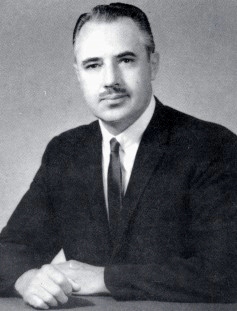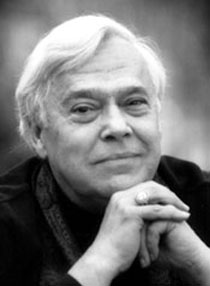A Quote by Geoffrey West
Cities are the crucible of civilization.
Quote Topics
Related Quotes
It has been the White Race who has been the world builder, the maker of cities and commerce and continents. It is the White Man who is the sole builder of civilizations. It was he who build the Egyptian civilization, the great unsurpassed Roman civilization, the Greek civilization of beauty and culture, and who, after having been dealt a serious blow by a new Semitic religion, wallowed through the Dark Ages, finally extricated himself, and then build the great European civilization.
The American Heritage Dictionary defines crucible as "a place, time, or situation characterized by the confluence of powerful intellectual, social, economic, or political forces; a severe test of patience or belief; a vessel for melting material at high temperatures." A crucible was the vessel in which medieval alchemists attempted to turn base metals into gold. That the alchemists inevitably failed in their audacious attempts doesn't denigrate the power of the crucible as a metaphor for the circumstances that cause an individual to be utterly transformed.
Fifty percent of the world's population lives in cities. In a couple of decades, 70 percent of the world's population will be living in cities. Cities are where the problem is. Cities are where the solution is, where creativity exists to address the challenges and where they have most impact. This is why, in 2005, the C40 was founded, an organization of cities that address climate change. It started with 18 cities; now it's 91. Cities simply are the key to saving the planet.
How far men go for the material of their houses! The inhabitants of the most civilized cities, in all ages, send into far, primitive forests, beyond the bounds of their civilization, where the moose and bear and savage dwell, for their pine boards for ordinary use. And, on the other hand, the savage soon receives from cities iron arrow-points, hatchets, and guns, to point his savageness with.
What this country needs... what this great land of ours needs is something to happen to it. Something ferocious and tragic, like what happened to Jericho or the cities of the plain - something terrible I mean, son, so that when the people have been through hellfire and the crucible, and have suffered agony enough and grief, they’ll be people again, human beings, not a bunch of smug contented cows rooting at the trough.
My point is, as civilization is progressing, Mosaic law came down from the mountain, was handed to civilization, it emerged through the Greek civilization as the Greeks were developing their Age of Reason. And we're talking about the foundation of Western Civilization, and almost concurrently with that, Roman law was emerging as well.
The crucible is a dividing line, a turning point, and those who have gone through it feel they are very different from the way they were before. Believing that they have been transformed or have transformed themselves, those who survive the crucible (and many don't) are more confident, more willing to take future risks. That new self-confidence is grounded in the belief that he or she has done something hard and done it well.



































